Teaching Essential Early Learning Skills
[Photo: Ozsun70/DepositPhotos]
Through early interactions and repetitive routines, we teach babies and very young children important skills they need to interact successfully in the world. Want to know how to teach your child these skills? First, you must establish basic interaction episodes.
This begins with establishing joint attention. Joint attention is when we are focused on each other, or we are both focused on an object, action, or event.
We can't interact with another person unless we have joint focus. You can help your child achieve joint attention through play by making sure your child is focused on what you are focusing on. You can also establish joint actions, where both you and your child are involved in the same activity, rolling toy cars, throwing a ball, trading hugs and kisses. Finally, establish routines for turn-taking and turn-waiting. For young babies you can reinforce joint attention by playing peek-a-boo, chase, or a game of 'where is it - here it is!'
For babies 6 to 10 months, develop turn-taking routines like building blocks, playing with dolls or stuffed animals (feeding, putting to sleep, etc). While reading books, ask your child to point to pictures that you name. Playing with cars and large puzzles are also good options.
For toddlers 10 to 24 months of age, you can begin more complex routines like building with blocks or Legos, preparing snacks, assembling small toys, drawing and coloring. Playing out social scenarios like tea party, house, school, store, and doctor and pretend cooking are also great.
For older kids 3 to 5 years of age, begin to play card and board games with simple rules. Establishing these important skills early on will allow them to interact successfully with others, allowing them a great start to acquiring the lifelong knowledge they will need for a bright future.

![[Photo: Ozsun70/DepositPhotos]](https://images.squarespace-cdn.com/content/v1/5cc744f0b2cf7987ab93d744/1617901980014-44GAMMBE04M3YWHNKC1U/depositphotos_58500627-stock-photo-baby-playing-with-abacus-toy.jpg)